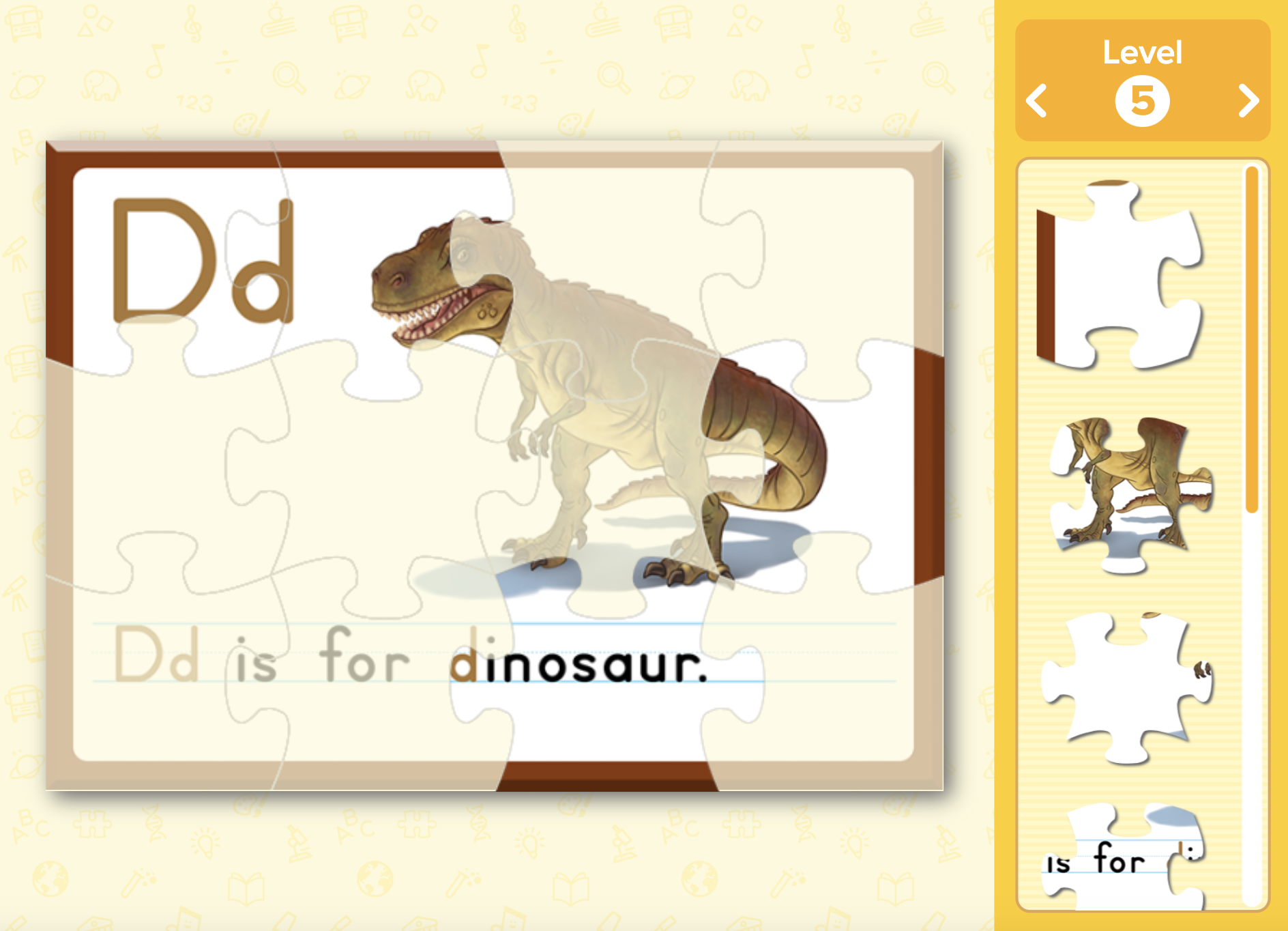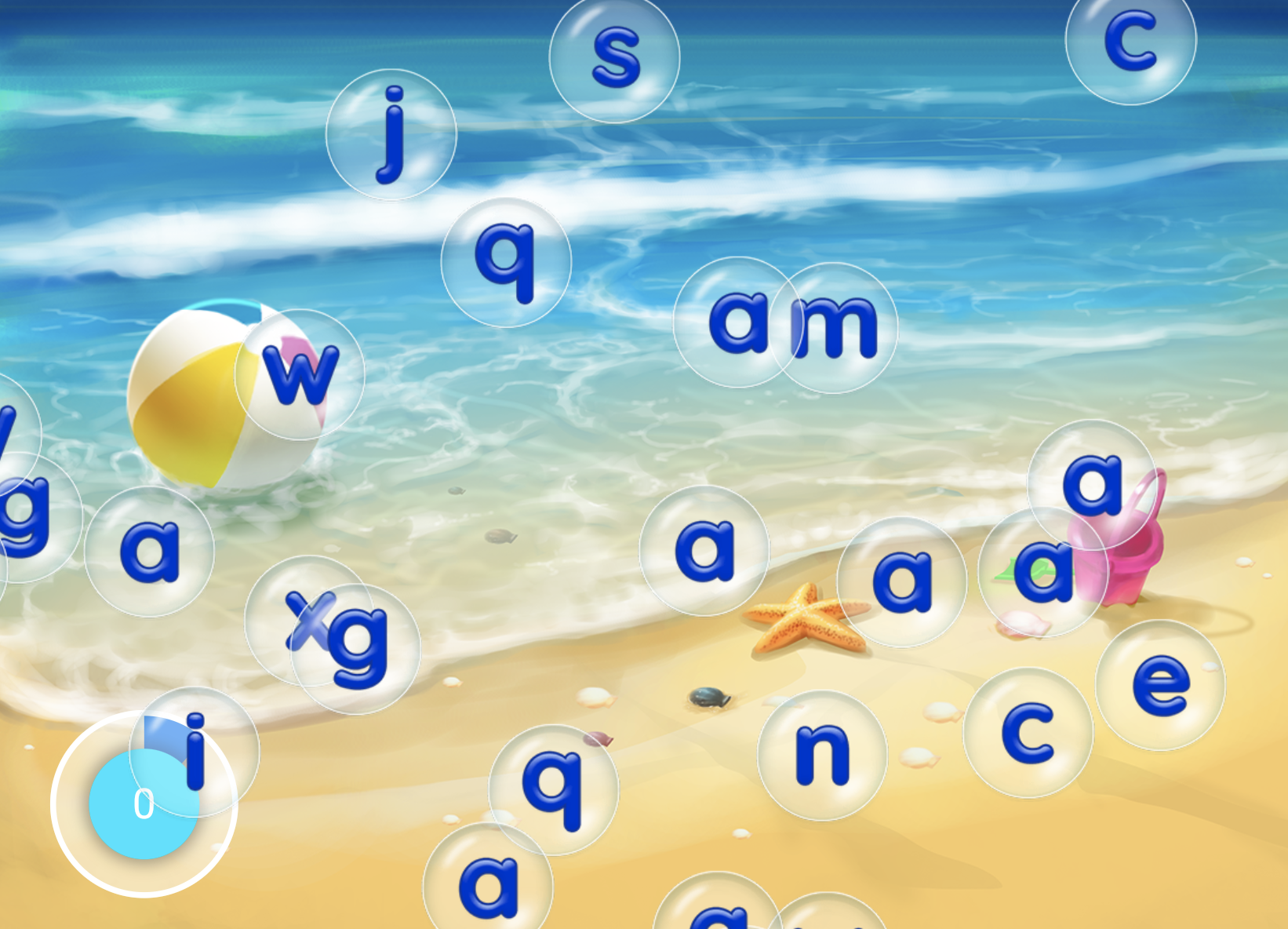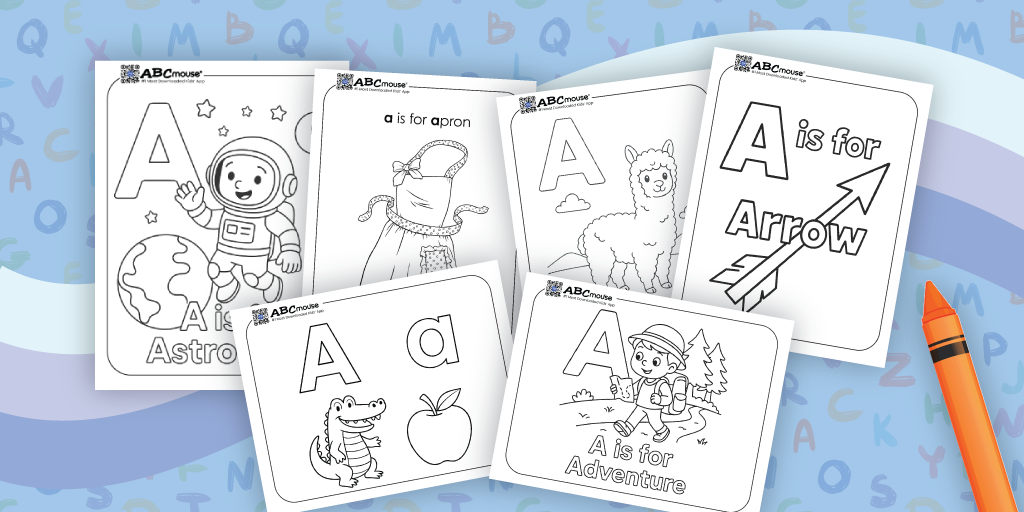How Online Alphabet Games Can Improve Letter Recognition Skills

Learning the alphabet is one of the first essential concepts young children work on. Digital games focused on teaching the ABCs can transform the foundational task of letter identification into a playful and interactive experience, which is essential for engaging young learners in the early stages of literacy development.
Furthermore, recent research suggests that web-based learning games can increase a child’s motivation to learn, in part, through their interactive nature, quick feedback, and by creating an environment focused on play.
The Appeal of Digital Alphabet Games
As young children work to learn foundational concepts, such as letter recognition, digital game-based learning can be a helpful tool in capturing their attention and keeping them engaged as they practice with all 26 letters of the alphabet, which is actually 52 letters if you include uppercase and lowercase letters.
Mastering all 52 letters and their names is a big task for young children. While a child can learn the shape and name of the letter A by looking at it and hearing its name pronounced, they’re much more likely to connect with and remember this new letter when it’s presented as a game, like a puzzle.
The game Dd is for Dinosaur Puzzle Game is a great example of this. As children engage with this ABCmouse game, they’re initially captivated by the sight of a T. rex and the fun of solving a puzzle, but as they work to assemble the puzzle, they also practice recognizing the uppercase and lowercase letter D, along with spatial awareness and critical thinking.

How Digital Games Make Learning the Alphabet Fun
- Present letters in a visually engaging format.
- Children can interact with letters through activities such as clicking, dragging, or even using touch screens to ‘trace’ letter shapes.
- Use of colorful animations, fun character guides, and cheerful audio cues to maintain children’s interest so they continue playing and learning.

Examples of Digital Alphabet Games
The following games use the guidelines listed above and are great resources for making alphabet practice more interactive and engaging.
Alphabet Bubbles
In this fast-paced, beach-themed game, young children practice recognizing lowercase letters from a to z. Players will hear a letter spoken, and they must pop as many bubbles containing that lowercase letter as quickly as possible, helping to grow letter recognition skills.

Market Alphabet Finder
Set in a grocery store, children work with a grocer to help find groceries that begin with a certain letter of the alphabet. They must choose between three different objects. This game not only helps with letter recognition in an everyday setting, it can also help with spelling and vocabulary.

Alphabet Sounds at the Zoo
While having fun with this zoo-themed alphabet game, children can explore letter sounds as they learn about zoo animals. For example, when they click on a picture of a lion, they’ll hear the sound of the letter “L,” followed by the word “lion.” Playing this alphabet game can improve letter recognition, understanding of letter sounds, and vocabulary.

Each of these games engages children through interactive play, which not only enhances their learning experience but also improves their motivation to learn. These games also incorporate visual and auditory cues that help reinforce the alphabet and early letter sound recognition skills. Digital game-based learning offers a great opportunity to help make learning the essential concept of letter shapes and their sounds a more play-based experience for young children.
Related Activities
-
Letter A Coloring Pages (Free Printables!)
Free printable letter A coloring pages with fun characters and activities for early alphabet learning.
-
Summer Learning Activities with ABCmouse
Keep kids engaged all summer with ABCmouse activities like games, books, songs, and printables for fun, flexible learning at home.
-
50 Summer Activities for Kids to Keep Them Busy at Home
50 fun summer activities to keep kids busy at home—from outdoor games to crafts, cooking, and quiet-time ideas!
-
Summer Reading List for Young Readers
Discover fun summer book lists for kids ages 2–8—perfect for reading at home, on trips, or at the beach!
-
170+ Summer Bucket List Ideas for Kids (Free Printable!)
Fun summer bucket list ideas for kids! Explore 170+ activities from water play to crafts, treats, adventures, quiet time, and more.









